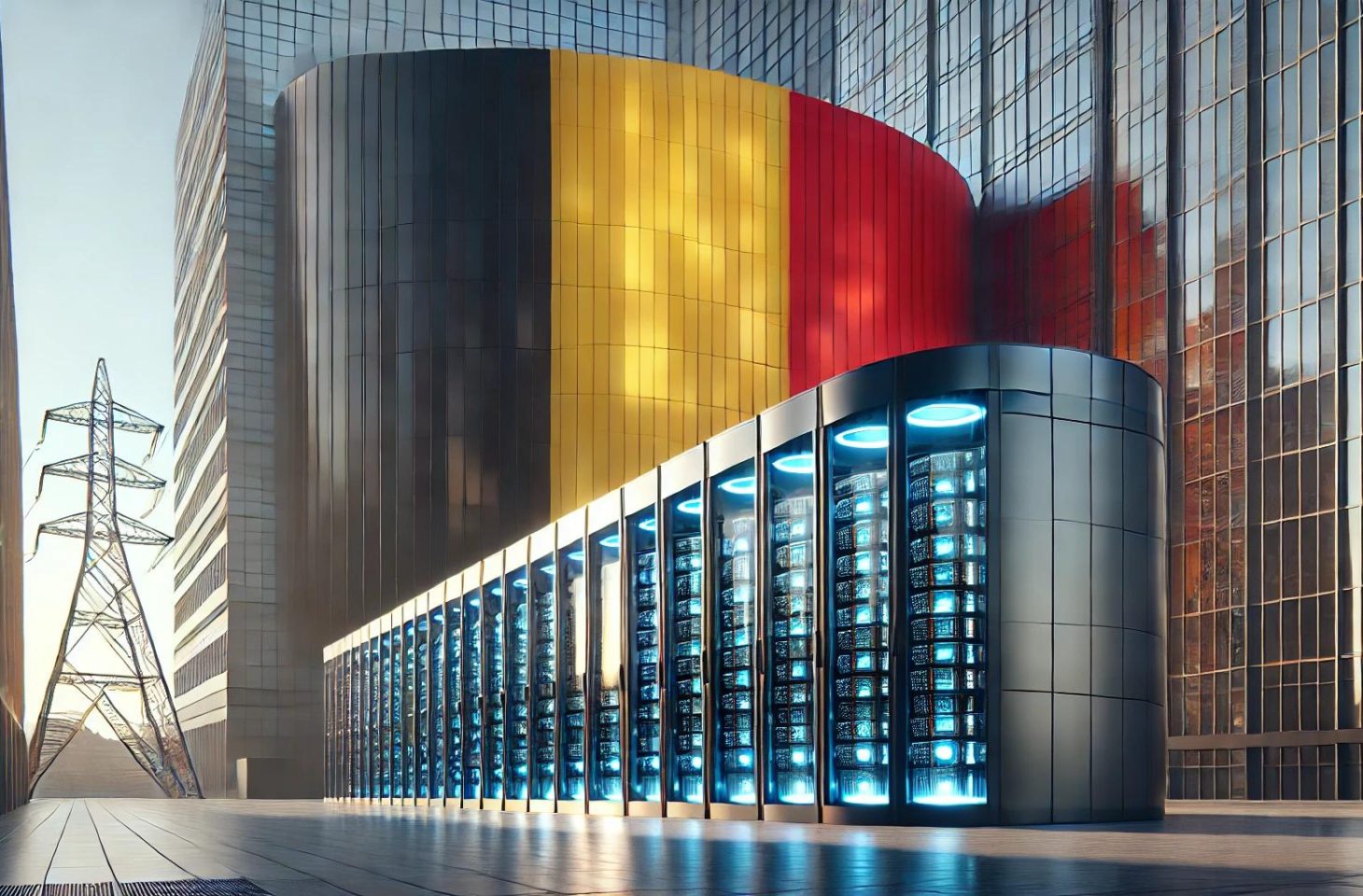The Belgian data center market is developing rapidly and becoming a major challenger in Europe, BDIA concludes in a report. The epicenter remains in Brussels and the surrounding area.
BDIA, the long-standing Belgian association for digital infrastructure, appears in the State of the Belgian data centersreport every year on the development of the Belgian data center market. Things are going very well, notes BDIA. The growth of infrastructure in Belgium is not only a good thing for the domestic IT sector, but also makes our country a European data center hub.
The colocation market is consolidating
The report focuses on three types of data centers: colocation, hyperscaler and enterprise, with BDIA focusing on the first category. The total area of colocation data centers in Belgium will grow by around ten percent to 117,700 m in 20242or 61,700 m2 if you just do that Space taken into account. IT output exceeded the 100 megawatt mark for the first time.
BDIA notes that the colocation market is consolidating. With the introduction of Penta Infra, the number of providers increased to 24, but this number is no longer current. Proximus recently sold its colocation centers to Datacenter United, so we’re back to the status quo.
The data centers are still mainly concentrated in Brussels and the surrounding area. 19 percent of the total IT capacity is located in the Brussels-Capital Region, but the epicenter is in the cities surrounding the region. Zaventem, where many IT companies have offices, is one of the best places in Belgium to discover data centers. Wallonia lags behind with just under four percent of the capital.
European challenger
BDIA is optimistic about the continued growth of the Belgian data center market. The organization forecasts annual growth in total assets of twenty percent. The increasing demand for AI, but also investments by hyperscalers in our country, contribute to this growth. Google plans to significantly expand its capacities in our country, and Microsoft has been building a data center for several years.
The presence of the tech giants should put our country on the international map. Popular data center hubs in Europe such as Frankfurt and London are gradually becoming saturated, bringing Belgium and Brussels to the forefront as an interesting alternative in the market. Data regulation and market demand for digital sovereignty will increase the need for data center capacity in Europe in the coming years.
However, growth also brings challenges. Sustainability is more of an issue in the IT industry than ever, especially now that the AI boom is driving up consumption in data centers. Operators are working on initiatives to make their data centers more efficient. There are also challenges at the socio-economic level. Cloud migration puts pressure on the survival of enterprise data centers.
